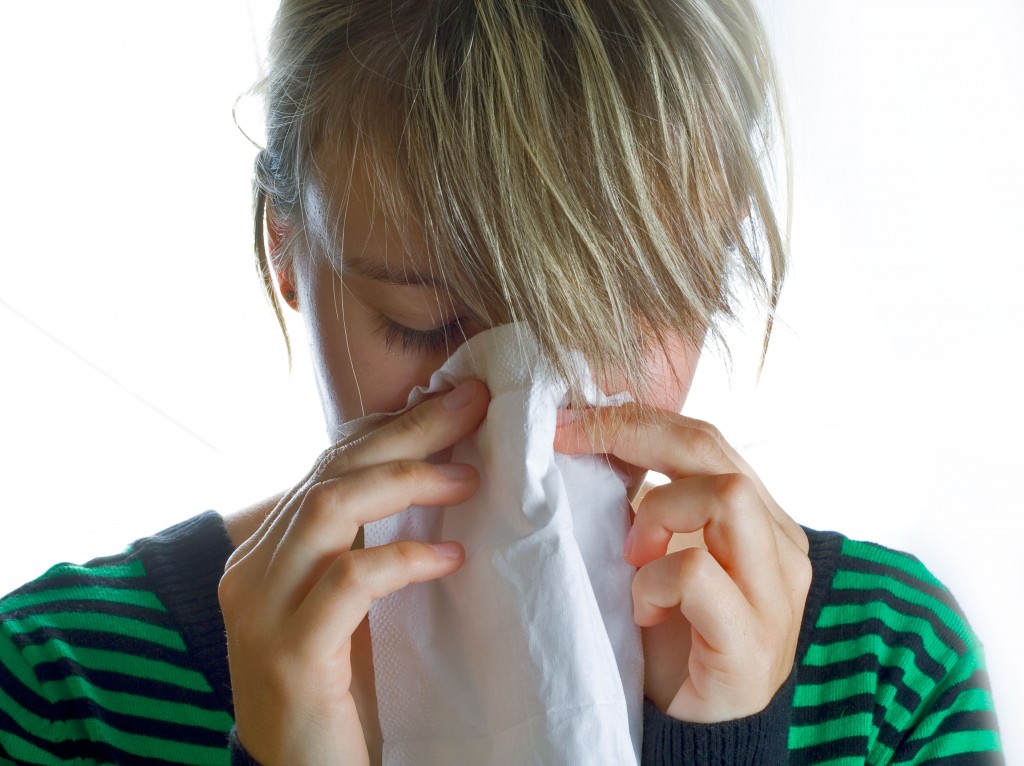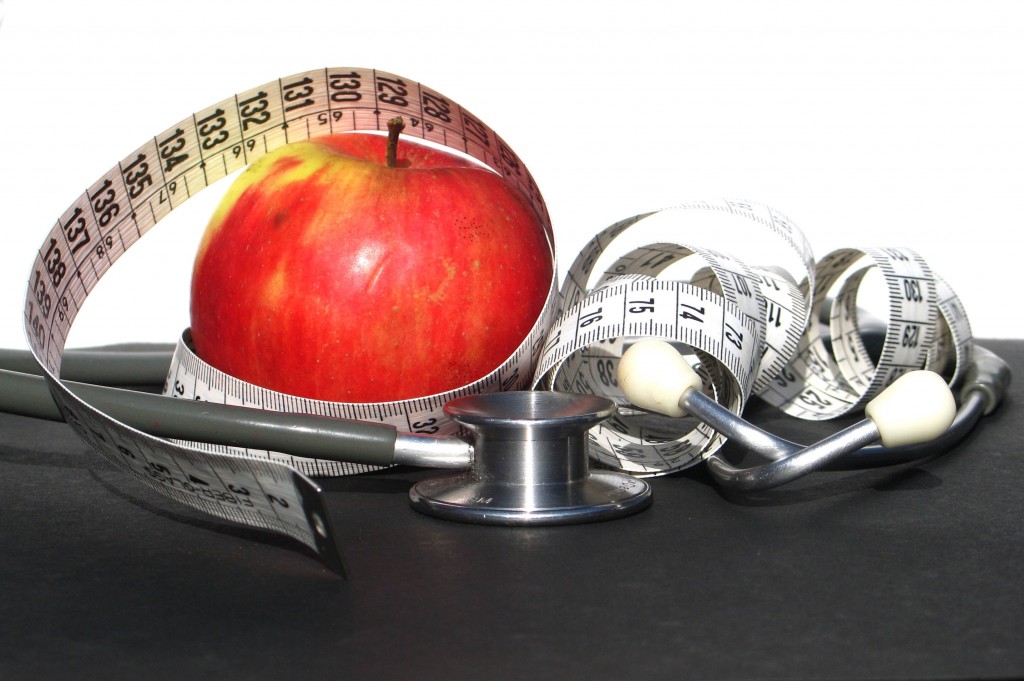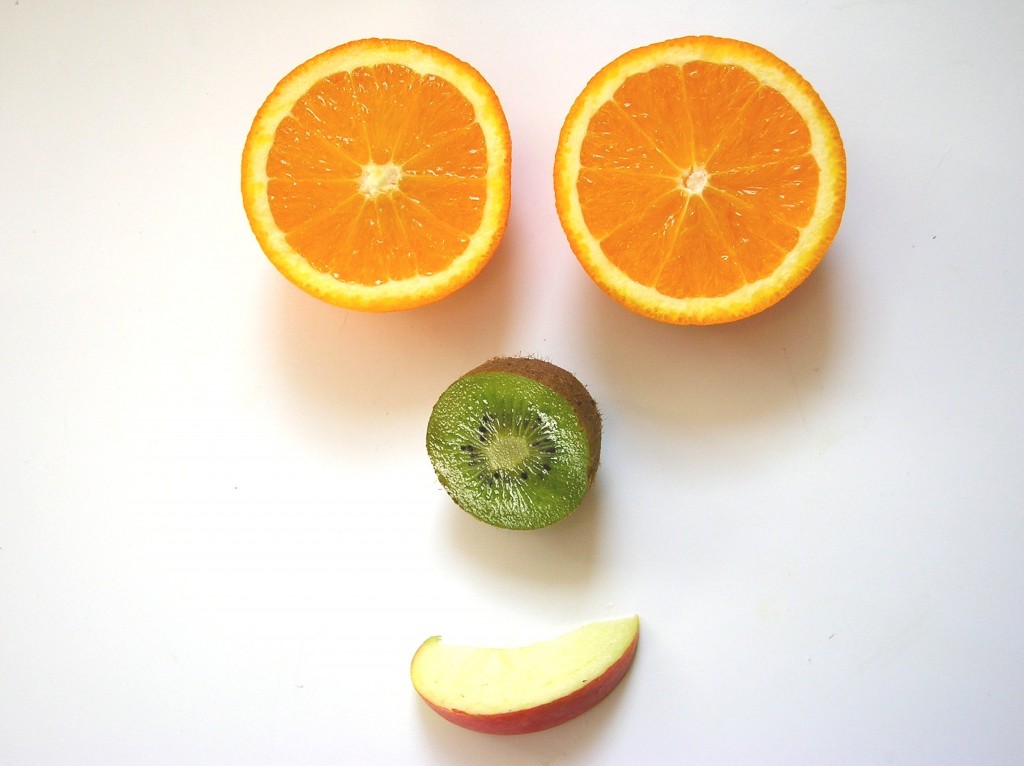Somewhere along the line, we started believing that seasonal allergies were normal (perhaps it was the endless bombardment of allergy drug commercials), and that they are something that an individual is going to have to live with for the rest of their life, while medicating themselves. Seasonal allergies are far from normal, and the fact that they are so common means that many do not have an optimally functioning body.
Here are some tips for beating allergies this and every spring without relying on pill popping: Continue reading “How to Beat Seasonal Allergies Naturally”




